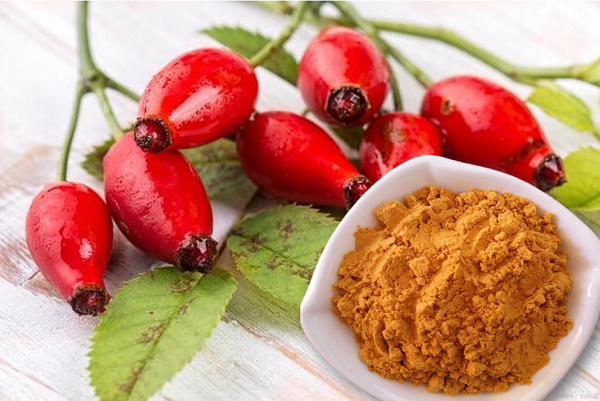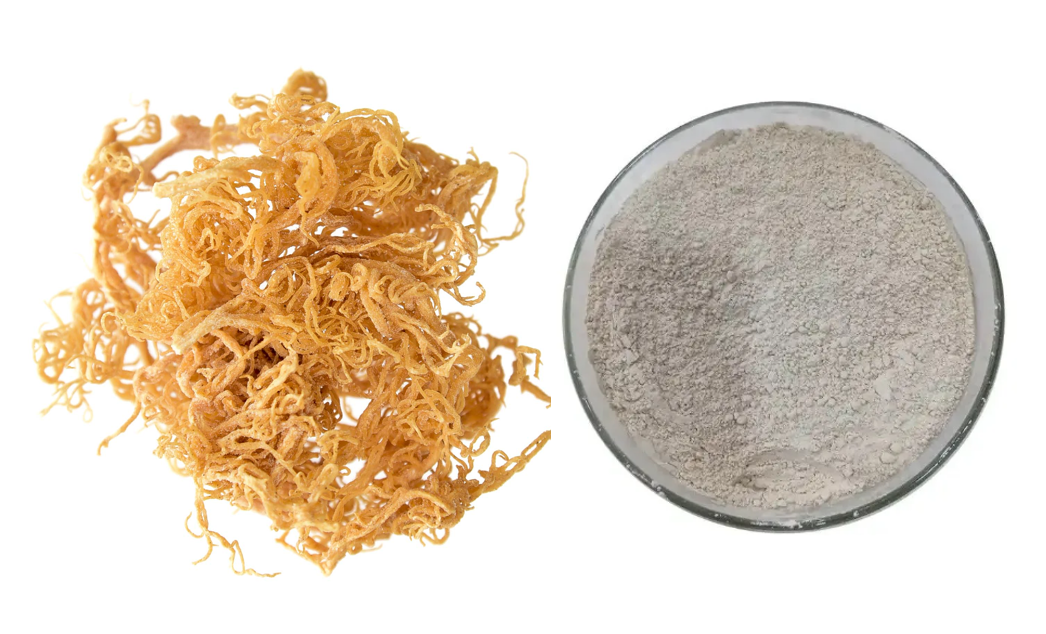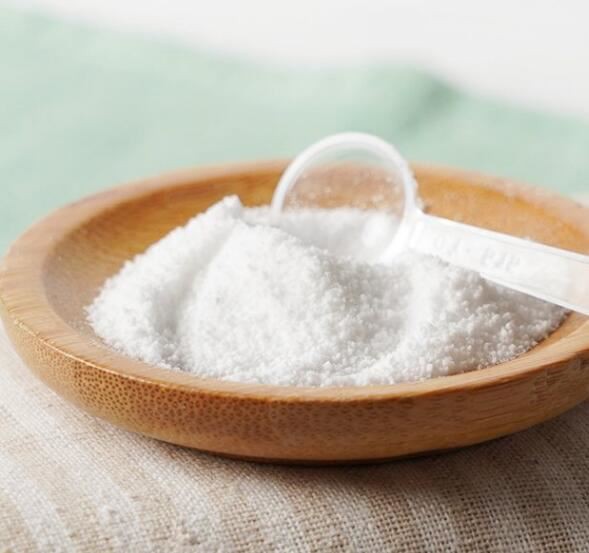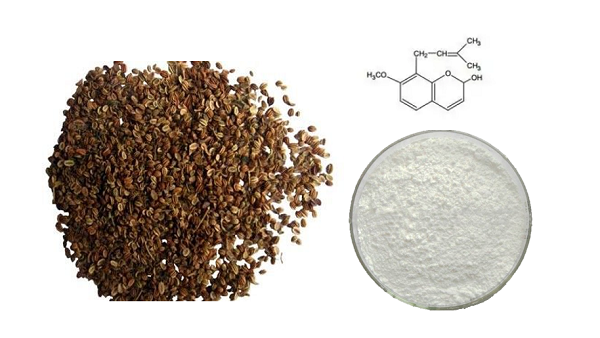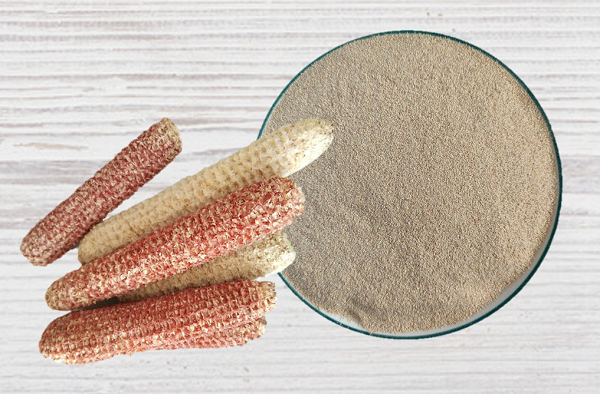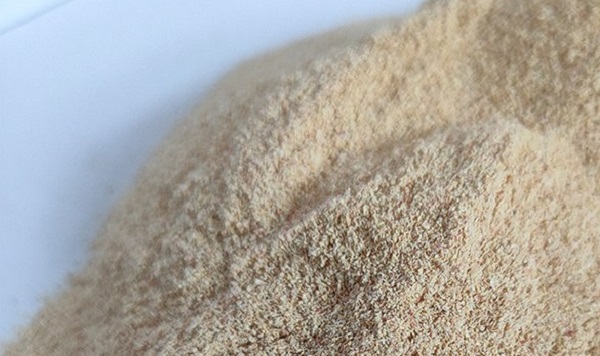Follow Us:
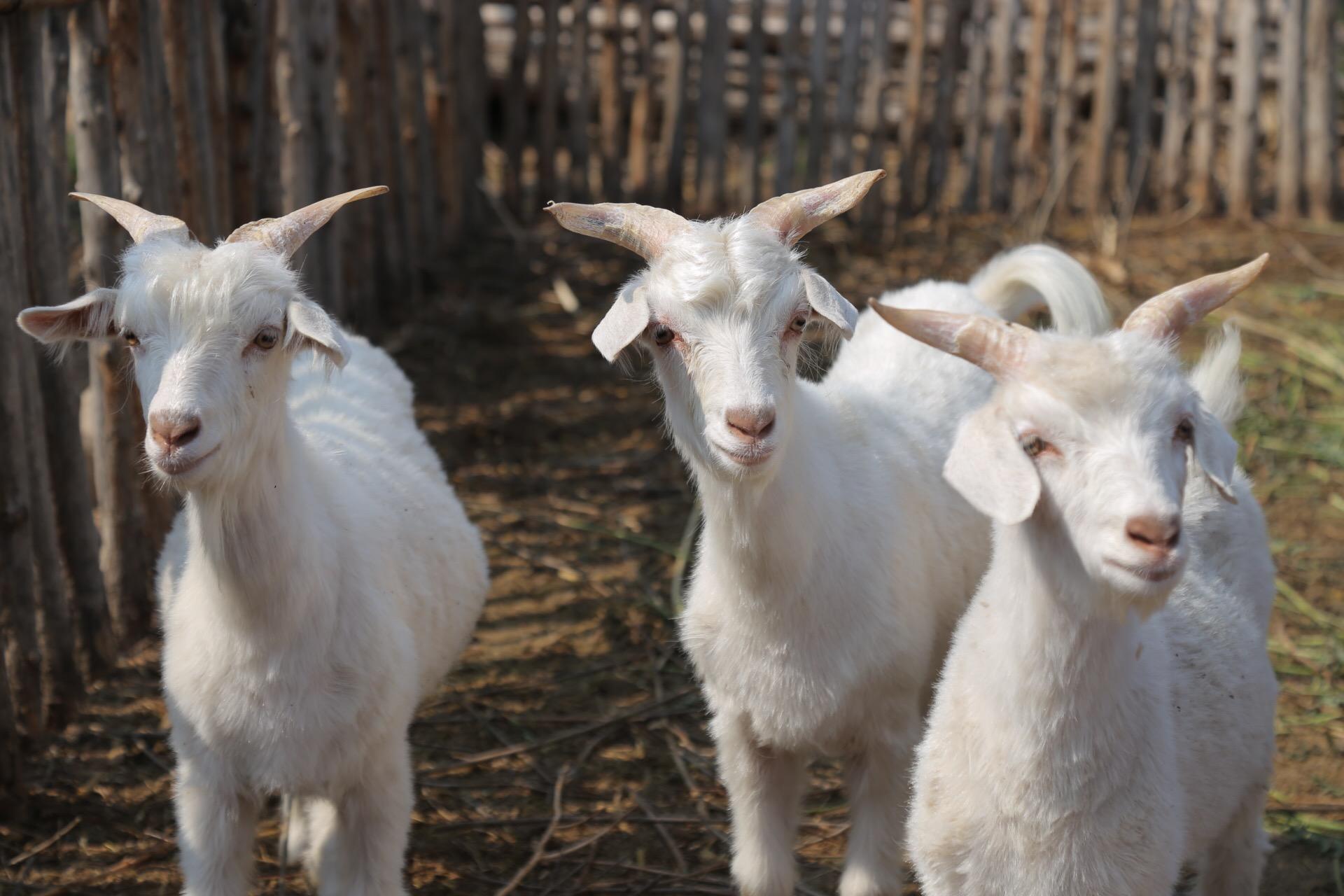
Dicalcium Phosphate (Feed Grade)
Dicalcium Phosphate (Feed Grade) is an essential mineral supplement commonly used in animal nutrition to support the growth, development, and overall health of livestock and poultry. Dicalcium Phosphate (DCP) plays a vital role in various physiological functions, including bone formation, metabolic processes, and reproductive health. As a botanical feed ingredients manufacturer, in this blog, I’ll introduce what Dicalcium Phosphate Feed Grade is, its benefits, and why it’s crucial for modern animal feed formulations.
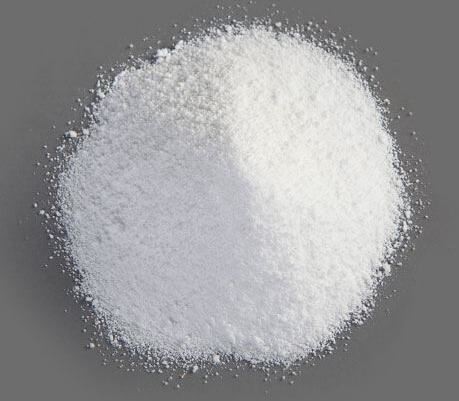
What is Dicalcium Phosphate?
Dicalcium phosphate is the calcium phosphate with the formula CaHPO4 and its dihydrate. The “di” prefix in the common name arises because the formation of the HPO42– anion involves the removal of two protons from phosphoric acid, H3PO4. It is also known as dibasic calcium phosphate or calcium monohydrogen phosphate. Dicalcium phosphate is used as a food additive, it is found in some toothpastes as a polishing agent and is a biomaterial.Dicalcium phosphate is a mineral supplement commonly added to animal feed to provide an excellent source of both calcium and phosphorus. It is typically produced by reacting phosphoric acid with calcium carbonate or limestone. The resulting product is a fine, powdery substance that is easily incorporated into feed formulations to enhance nutritional value.Applications and Functions in Feed
Dicalcium phosphate is a vital ingredient in livestock and poultry feed, offering a highly bioavailable source of calcium and phosphorus—two essential minerals that support healthy growth and optimal performance. By including dicalcium phosphate in your feed formulations, you’re providing your animals with the key nutrients they need for strong bones, efficient metabolism, and overall well-being.Applications in Feed
We have dicalcium phosphate in stock , and it is widely used in the feed of poultry, swine, dairy cattle, and ruminants. It plays a crucial role in the diet of growing animals by promoting strong, healthy bones. For lactating dairy cows, it helps maintain calcium levels, supporting milk production. In poultry, it strengthens eggshells, while in swine, it enhances growth rates and overall feed efficiency.Efficacy in Feed
The efficacy of dicalcium phosphate lies in its ability to provide animals with a readily accessible form of calcium and phosphorus. These minerals are vital for several bodily functions. Calcium is essential for bone strength, muscle contractions, and nerve function, while phosphorus supports energy metabolism, cellular function, and proper organ health. By ensuring an adequate supply of these minerals, dicalcium phosphate helps maintain strong bones, efficient muscle function, and healthy metabolism.Including dicalcium phosphate in your feed mix can lead to better feed conversion rates, meaning animals can more effectively utilize the nutrients they consume. This, in turn, promotes healthier, more productive livestock, leading to improved performance and profitability.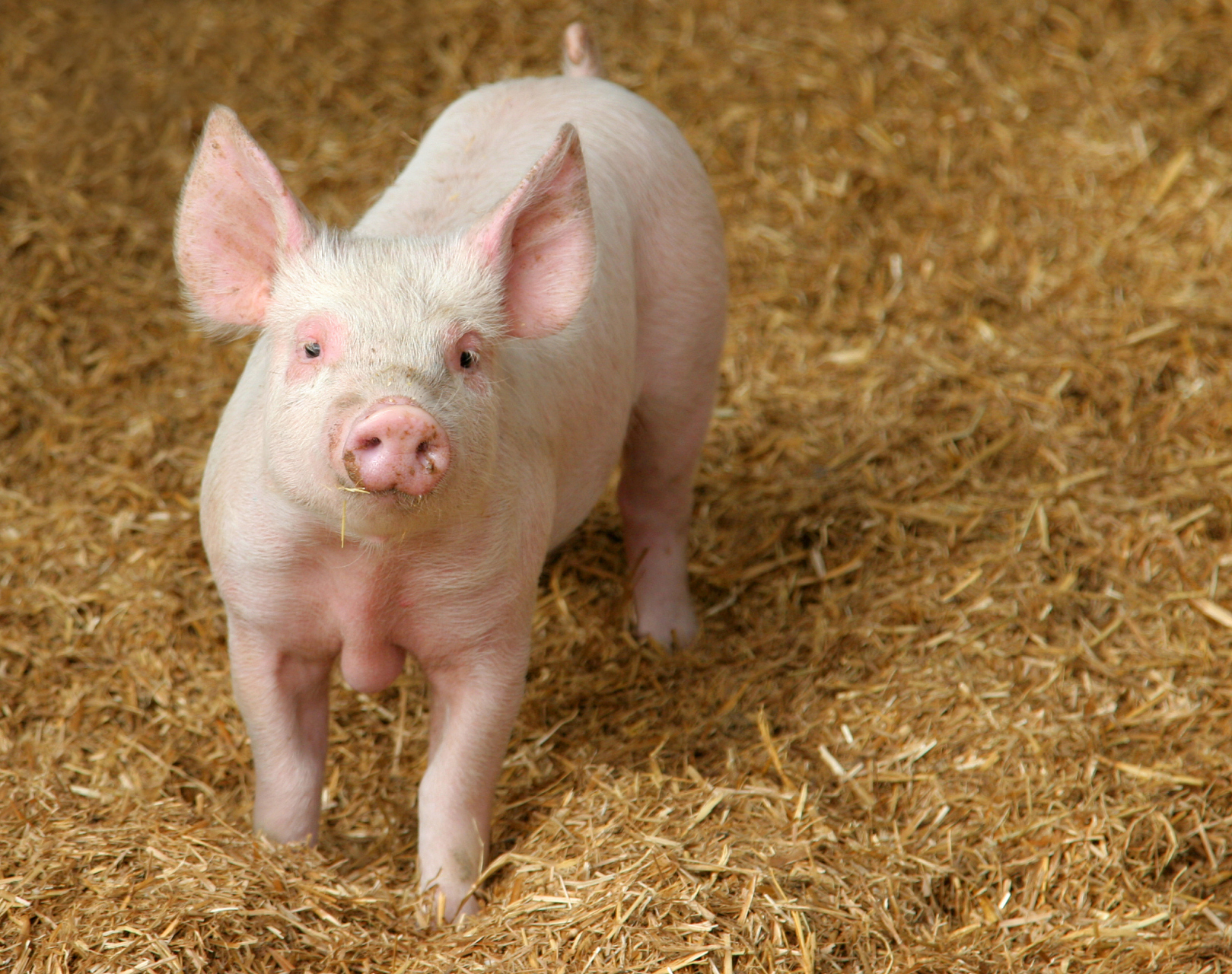
Calcium and Phosphorus in Dicalcium Phosphate
This highly bioavailable source of calcium and phosphorus plays a crucial role in your animals’ muscle function, nerve activity, and overall metabolic processes. Whether you’re feeding dairy cattle, swine, poultry, or ruminants, dicalcium phosphate helps to strengthen bones, enhance milk production, and support egg formation in poultry.Dicalcium phosphate ensures better feed conversion, meaning your animals can more efficiently absorb and use the nutrients in their feed. This leads to healthier livestock, increased productivity, and improved profitability for your operation.With dicalcium phosphate provided , you’re not just supplementing your feed—you’re providing a high-quality, cost-effective solution that supports growth, improves performance, and helps your animals thrive. Invest in the best for your livestock with dicalcium phosphate, the trusted choice for animal nutrition.Precautions for Livestock Consumption
While dicalcium phosphate is a safe and effective mineral supplement, it’s important to use it in the right quantities to avoid mineral imbalances. Over-supplementing with calcium or phosphorus can lead to health issues, including kidney problems, digestive disturbances, and impaired mineral absorption. It’s crucial to follow the recommended inclusion rates and regularly monitor your livestock’s health to ensure they are receiving the proper balance of nutrients.
Alternatives with the Same Functions
When it comes to providing essential minerals like calcium and phosphorus to your livestock and poultry, there are several effective alternatives to dicalcium phosphate that can offer similar benefits . These alternatives can help you maintain optimal animal health and productivity while meeting specific dietary requirements.If you’re looking for alternatives to dicalcium phosphate that provide the same benefits, several options are available:- Monocalcium phosphate: This alternative offers a higher phosphorus content compared to dicalcium phosphate, making it a good choice for animals needing more phosphorus in their diet.
- Calcium carbonate: A widely used, cost-effective calcium supplement that helps maintain the right calcium levels in animal feeds.
- Bone meal: A natural source of both calcium and phosphorus, often used in ruminant feed.
- Phytase enzymes: When added to plant-based feeds, phytase improves phosphorus bioavailability, reducing the need for additional phosphorus supplements.













